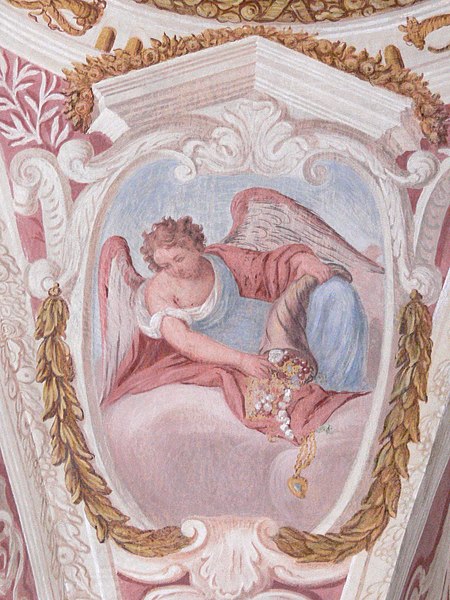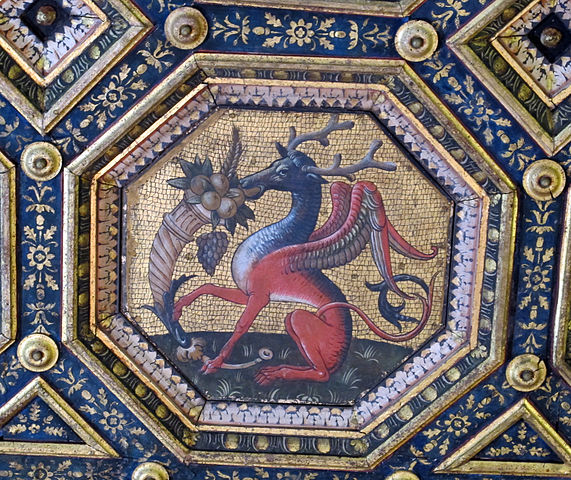
Thammasat University students who are fans of the Harry Potter books and films are aware that the library owns many books about Harry Potter in addition to the novels by J.K. Rowling in the original English language versions and in Thai translation.
Earlier this month, it was announced that J.K. Rowling will be publishing The Ickabog, a new children’s book, a fairy tale about truth and the abuse of power. It will be available for free online.
The Ickabog, set in an imaginary country, will be serialised online in 34 daily free instalments. It will then be published as a book, ebook and audiobook in November, with Rowling’s royalties to go to projects assisting groups impacted by the COVID-19 pandemic.
TU students may take this opportunity to practice their English by reading the story in the original language, while waiting for a Thai translation.
Several TU students have written theses about Harry Potter. Among them are Child abuse and child neglect in J.K. Rowling’s Harry Potter series and The Casual Vacancy (2015) by Kamonlaporn Sirisophon, an M.A. thesis at the TU Department of English Language and Literature, Faculty of Liberal Arts. There is also The Christian point of view in C.S. Lewis’s The Chronicles of Narnia and J.K. Rowling’s Harry Potter (2016) by Nitwadee Silkoon, another thesis at the TU Department of English Language and Literature. And there are Corpus linguistics and systemic functional grammar of Harry Potter and the deathly hallows (2012) by Chayanphat Assawapattananon and A translation analysis of J.K. Rowlings’s Harry Potter and the prisoner of Azkaban” from English into Thai (2005) by Siriporn Chamroensap, both theses at the TU Language Institute. Finally, there is Cultural globalization and the IPE significance of the Harry Potter phenomenon (2006) by Buncha Wongrattananukul at the TU Faculty of Political Science. All of these are available at the TU Library for students to consult, if they are considering an academic research project or thesis involving The Ickabog.
The story begins:
Once upon a time, there was a tiny country called Cornucopia, which had been ruled for centuries by a long line of fair-haired kings. The king at the time of which I write was called King Fred the Fearless. He’d announced the ‘Fearless’ bit himself, on the morning of his coronation, partly because it sounded nice with ‘Fred’, but also because he’d once managed to catch and kill a wasp all by himself, if you didn’t count five footmen and the boot boy.
The noun cornucopia is an Ancient Greek symbol of abundance, associated with the harvest, prosperity, or spirituality. It consists of a goat’s horn or wicker basket overflowing with flowers, fruit, and corn, and other vegetables.
The story continues:
King Fred the Fearless came to the throne on a huge wave of popularity. He had lovely yellow curls, fine sweeping moustaches and looked magnificent in the tight breeches, velvet doublets, and ruffled shirts that rich men wore at the time. Fred was said to be generous, smiled and waved whenever anyone caught sight of him and looked awfully handsome in the portraits that were distributed throughout the kingdom, to be hung in town halls. The people of Cornucopia were most happy with their new king, and many thought he’d end up being even better at the job than his father, Richard the Righteous, whose teeth (though nobody had liked to mention it at the time) were rather crooked.
King Fred was secretly relieved to find out how easy it was to rule Cornucopia. In fact, the country seemed to run itself. Nearly everybody had lots of food, the merchants made pots of gold, and Fred’s advisors took care of any little problem that arose. All that was left for Fred to do was beam at his subjects whenever he went out in his carriage and go hunting five times a week with his two best friends, Lord Spittleworth and Lord Flapoon.
Spittleworth and Flapoon had large estates of their own in the country, but they found it much cheaper and more amusing to live at the palace with the king, eating his food, hunting his stags, and making sure that the king didn’t get too fond of any of the beautiful ladies at court. They had no wish to see Fred married, because a queen might spoil all their fun. For a time, Fred had seemed to rather like Lady Eslanda, who was as dark and beautiful as Fred was fair and handsome, but Spittleworth had persuaded Fred that she was far too serious and bookish for the country to love her as queen. Fred didn’t know that Lord Spittleworth had a grudge against Lady Eslanda. He’d once asked her to marry him, but she’d turned him down.
Lord Spittleworth was very thin, cunning, and clever. His friend Flapoon was ruddy-faced, and so enormous that it required six men to heave him onto his massive chestnut horse. Though not as clever as Spittleworth, Flapoon was still far sharper than the king.
Both lords were expert at flattery, and pretending to be astonished by how good Fred was at everything from riding to tiddlywinks. If Spittleworth had a particular talent, it was persuading the king to do things that suited Spittleworth, and if Flapoon had a gift, it was for convincing the king that nobody on earth was as loyal to the king as his two best friends.
Fred thought Spittleworth and Flapoon were jolly good chaps. They urged him to hold fancy parties, elaborate picnics, and sumptuous banquets, because Cornucopia was famous, far beyond its borders, for its food. Each of its cities was known for a different kind, and each was the very best in the world.
The capital of Cornucopia, Chouxville, lay in the south of the country, and was surrounded by acres of orchards, fields of shimmering golden wheat, and emerald-green grass, on which pure white dairy cows grazed. The cream, flour, and fruit produced by the farmers here was then given to the exceptional bakers of Chouxville, who made pastries.
Younger readers are invited to send in illustrations for each chapter of The Ickabog to the dedicated website. Illustrations which are judged the best will be included in print editions of the story in November.
J.K. Rowling notes: I want to see imaginations run wild! Creativity, inventiveness and effort are the most important things: we aren’t necessarily looking for the most technical skill.
On her website, the author also indicates that she first imagined the story of The Ickabog over ten years ago:
So it isn’t intended to be read as a response to anything that’s happening in the world right now. The themes are timeless and could apply to any era or any country.
The Illustration Competition
Having decided to publish, I thought how wonderful it would be if children in lockdown, or otherwise needing distraction during the strange and difficult time we’re passing through, illustrated the story for me. There will be suggestions about the illustrations we might need for each chapter on The Ickabog website, but nobody should feel constrained by these ideas. I want to see imaginations run wild! Creativity, inventiveness and effort are the most important things: we aren’t necessarily looking for the most technical skill!
In November 2020, The Ickabog will be published in English in print, eBook and audiobook formats, shortly followed by other languages. The best drawings in each territory will be included in the finished books. As publishers in each territory will need to decide which pictures work best for their own editions, I won’t be personally judging the entries. However, if parents and guardians post their children’s drawing on Twitter using the hashtag #TheIckabog, I’ll be able to share and comment! To find out more about the Illustration Competition, go to The Ickabog website when it launches.
Covid-19 Donation
I’m pledging all author royalties from The Ickabog, when published, to help groups who’ve been particularly impacted by the pandemic. Further details will be available later in the year.

(All images courtesy of Wikimedia Commons)

